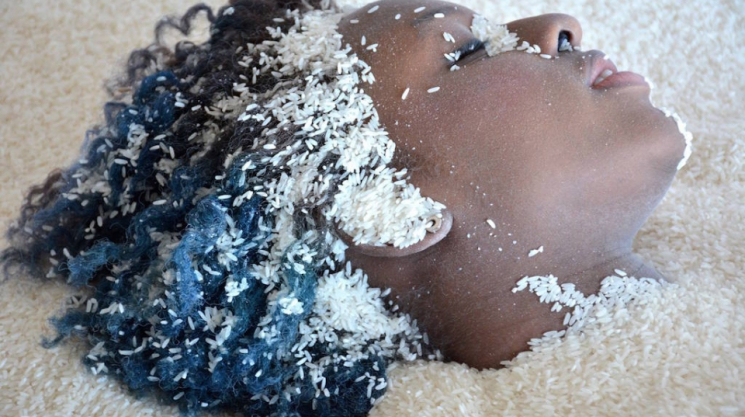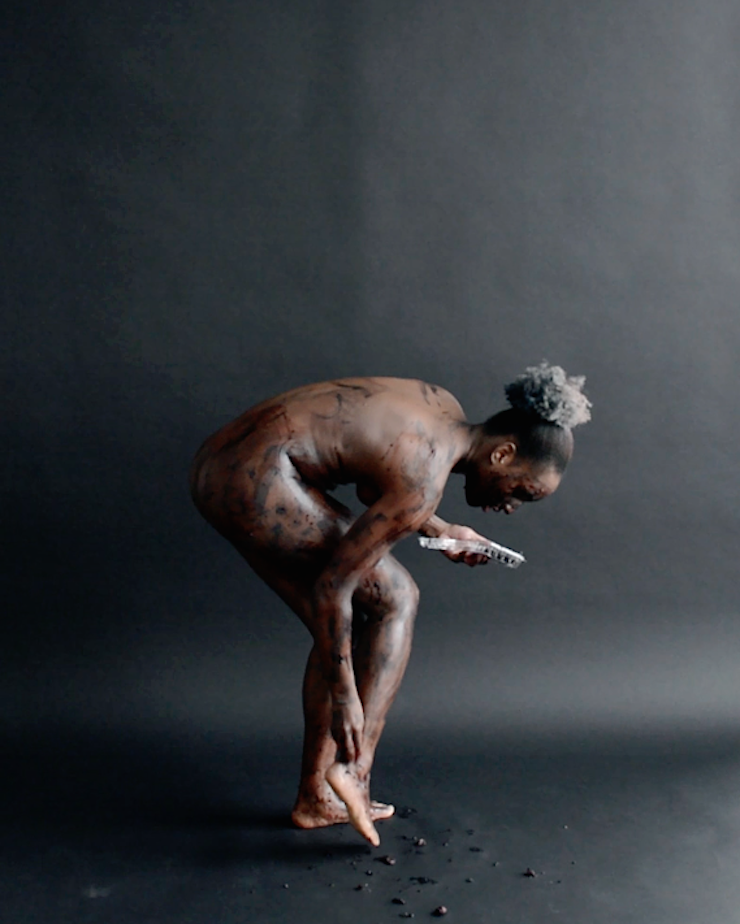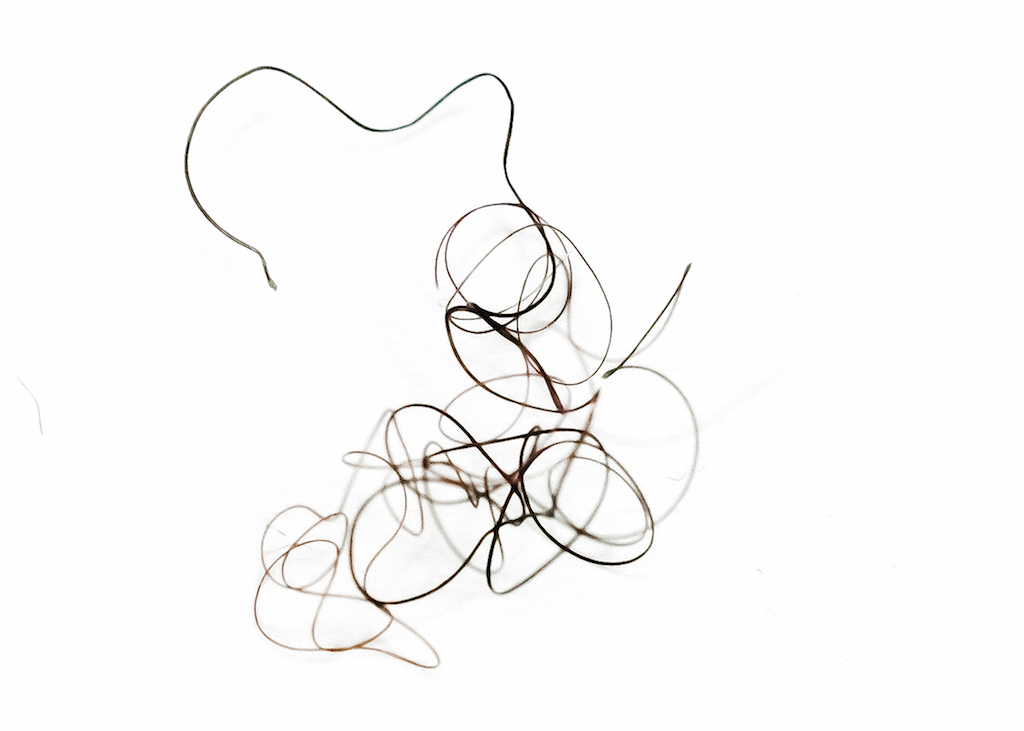
Thu, 12/08/2016 - 16:39 by karyn
Facing Expectations: Art Activism In An Era Of Tumult
Artist Spotlight: Danièle Dennis
"In our contemporary world, only art indicates the possibility of revolution as a radical change beyond the horizon of our present desires and expectations." - Boris Groys
Throughout each and every century, an attempt to define art and its purpose has been made. To this day, the concept of art still faces expectations; but whose and why? Central to our era, the somewhat recent art activism phenomenon is quite different to its predecessors. On the one hand, critical art merely finds fault with the socio-political conditions under which the art system exists. On the other hand, art activism strives to change said conditions - outside the art system. While conservatives might argue that art never stopped a war, "the effectiveness of past and present political artists in organizing, in advocating, in building solidarity in movements and in retaining a history that is often suppressed by the mainstream is essential. (1)" As communities tumultuously rethink themselves, many artists such as Danièle Dennis think about themselves as catalysts within a life-reflecting artistic narrative providing new spaces for people to see, understand and engage with their craft.
At the age of 25, Toronto-based contemporary artist Danièle Dennis made her way back onto school benches to study art. Since graduating from the University of Toronto, there has been no turning back: "In terms of personal growth and development, you don't really know what you're capable of until you get outside of your comfort zone," she explains. She, along with three other peers, even engaged in the building and growth of a long-term project: the Y+ Contemporary art gallery. "It's been a way to invest in the local community and encourage or push their understanding of what contemporary art means." Today, in addition to working with Y+ Contemporary, Danièle Dennis is doing her Master’s at the University of Pennsylvania. Kindly taking the time to chat with me, she shares her perspective on the concept of art, its core function, as well as community engagement and activism.
When it comes to her practice, Dennis describes it as interdisciplinary. "Depending on the idea, there might be a choice of medium possibly preferable compared to another." But it's not only about what her art says, represents or reflects; it's also about how it affects the social context in which it exists. Her experiences as an African-Canadian woman prompts her investigation of racial, cultural and identity issues through performance, material exploration and installation. "My person is political, so naturally, everything I'm going to do is going to be political. I think people should not be afraid of being challenged and if I can use art as an opportunity to help, educate and improve the quality of life of the people around me and the people that are going to come after me, that's exactly what I'm going to do."
Of course, voicing an opinion that goes against what our institutions and society teach us isn't always easy, but for Dennis, assuming their narrative to be true is simply not an option. "I think it's important to question some of these truths and have these conversations - and granted they might cause friction. I think that sometimes that's exactly the missing piece: to step back and think." In a social system in which systemic oppression continues to prevail, the urgency of harrowing social injustices often pressures artists to take a stance and become "the voice of the voiceless." And while bringing social issues to the world's attention is definitely a step in the right direction, it's not actually about being a voice for the voiceless. These people who are hurting, they already have a voice. What they truly need is receptiveness, understanding, empathy and someone to carry their cries further than they possibly can - something artists tend to provide naturally and which tends to put them in an activist position.
So where does one draw the line? It's already enough for artists to focus on their practice; how much politics can art take?
For Danièle Dennis, everybody has their limits and standing behind causes can be quite exhausting - in some cases even self-destructive. However, in her personal practice, she sees her platform as an opportunity. "I find it very hard when you have artists - especially ones you admire - that aren't willing to step up to the plate. You have a platform as an artist to be able to address injustices you're seeing, so to not use that voice, I think it's a shame." Art activism does have a real effect in the world, and Dennis' work is not just a way to cope - it's bigger than that. It's about the greater community and the generations to come.
Notes:
1- Art, Artists and Activism - 1930s to Today, By Art Hazelwood (http://www.artbusiness.com/art-artist-activism-protest-history-demonstra...)








Add comment